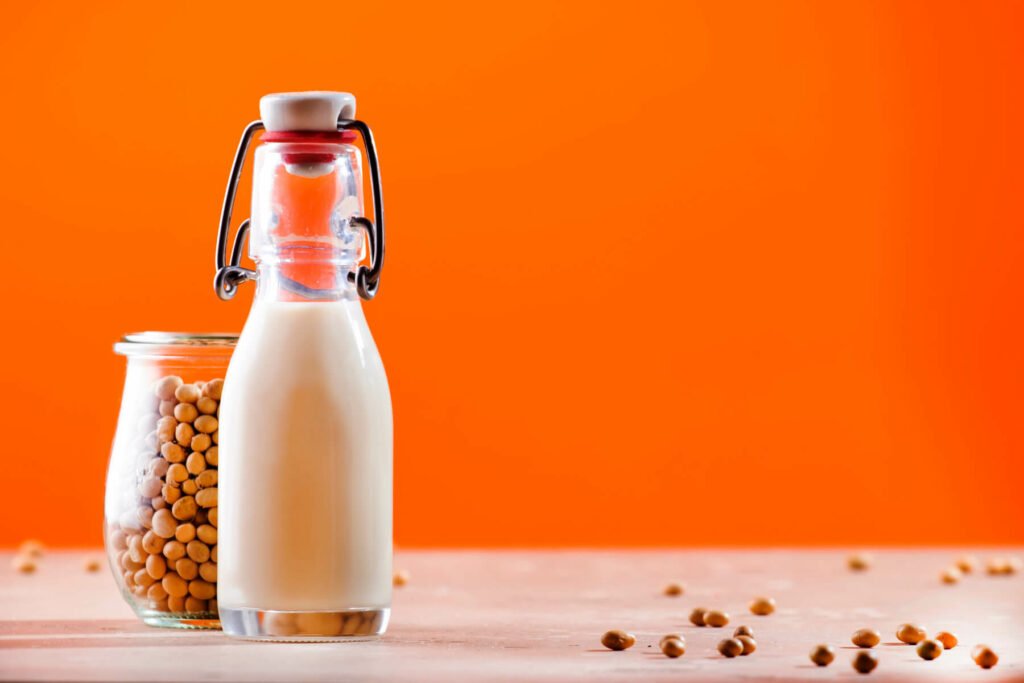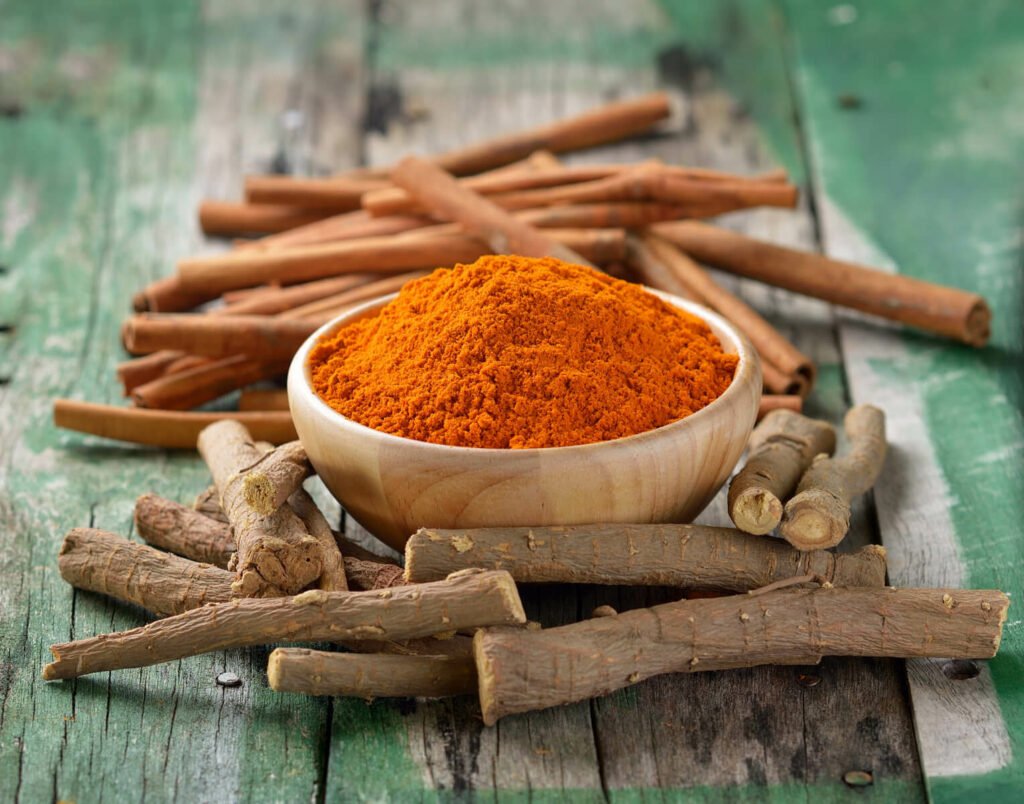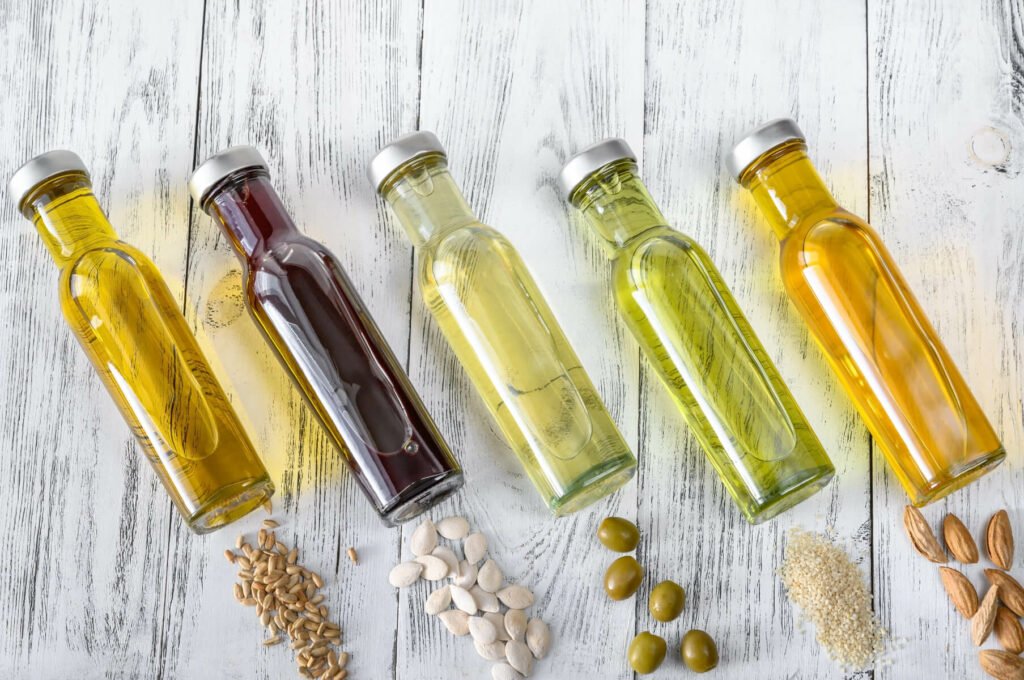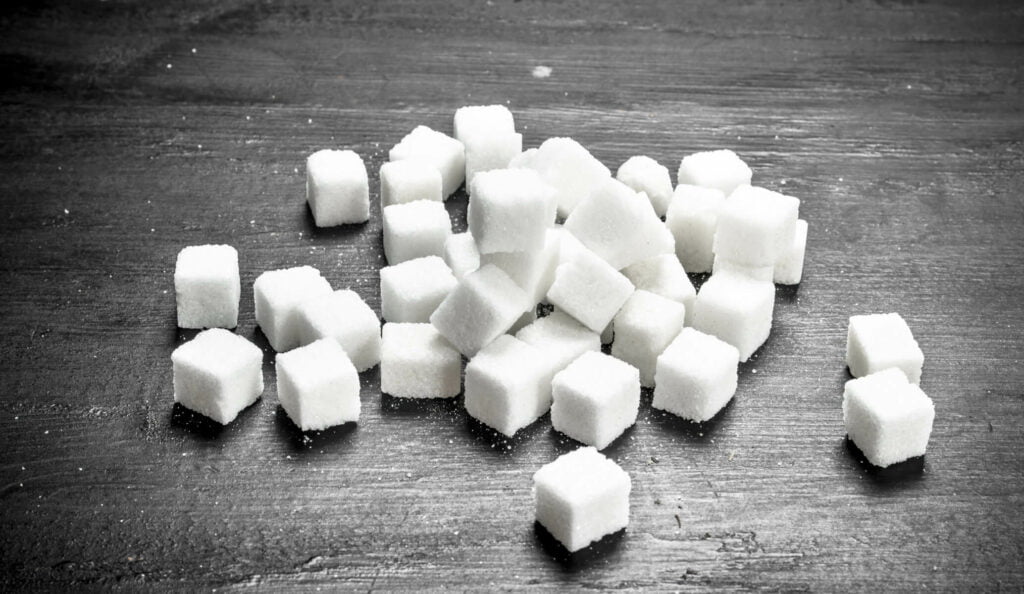6 Foods That Can Decrease Your Testosterone Levels
Testosterone is an essential hormone that affects both men and women. It plays a crucial role in the body, including maintaining bone density, muscle mass, and sperm production. Unfortunately, there are certain foods that can decrease your testosterone levels and affect your overall health. In this article, we will discuss 6 foods that can reduce your testosterone levels and what you can do to boost testosterone.
Soy Products

Soy products are a common staple in many people’s diets, but they can have a negative impact on testosterone levels. The isoflavones present in soy products can interfere with the body’s ability to produce testosterone, leading to decreased levels of the hormone. This is particularly concerning for men, as low testosterone levels can lead to decreased muscle mass, decreased libido, and even erectile dysfunction.
Isoflavones are compounds found in soy products that can mimic the effects of estrogen in the body. While estrogen is important for women, too much of it in men can reduce testosterone production and lead to low testosterone levels. The isoflavones in soy products can bind to testosterone receptors in the body, effectively blocking the hormone’s effects and reducing its levels.
These products are often found in processed foods, such as protein bars, and can have a negative impact on testosterone levels if consumed in large quantities. It’s important to be aware of the amount of soy products you are consuming and to limit your intake to avoid their negative impact on testosterone. If you want to boost testosterone, it’s best to focus on a balanced diet that includes lean proteins, healthy fats, and complex carbohydrates.
Licorice

Licorice is a sweet treat that many people enjoy, but it can have a detrimental impact on testosterone levels due to its glycyrrhizin content. This compound interferes with the endocrine system, leading to decreased hormone levels, including testosterone. While the exact mechanism is not yet clear, glycyrrhizin is believed to affect the adrenal glands’ ability to produce hormones.
To maintain healthy testosterone levels, limit your licorice intake. An occasional treat is unlikely to cause significant harm, but regularly consuming large amounts of licorice can lead to decreased testosterone levels over time. Instead, focus on a balanced diet that includes a variety of nutrient-dense foods and limits foods known to reduce testosterone production. By doing so, you can support healthy testosterone levels.
Vegetable Oils

Vegetable oils, a staple in many diets, can have a negative impact on testosterone levels due to their polyunsaturated fatty acid content. These fatty acids have been shown to decrease testosterone production and reduce testosterone levels. To maintain healthy testosterone levels, it’s best to switch to healthier fats like olive oil or avocado oil.
Polyunsaturated fatty acids are prevalent in vegetable oils such as soybean oil, corn oil, and canola oil. They are commonly used in processed foods, including fried foods, and when consumed in large quantities, can decrease testosterone levels. Although the exact mechanism is not fully understood, polyunsaturated fatty acids are believed to impact hormone levels.
To support healthy testosterone levels, limit your consumption of vegetable oils and processed foods and focus on incorporating healthy fats into your diet. Foods high in monounsaturated fatty acids, such as avocados, olive oil, and nuts, can help boost testosterone production. Maintaining a diet rich in healthy fats can support healthy testosterone levels.
Refined Carbohydrates

Refined carbs like white bread and pastries can lower testosterone levels. High sugar levels can decrease testosterone production and result in low testosterone. To boost testosterone, it’s recommended to avoid refined carbs and opt for whole grains instead. These refined carbs can cause spikes in blood sugar, hindering hormone production including testosterone. High blood sugar levels can impact the body negatively, including reducing testosterone production.
Insulin is produced to regulate blood sugar levels but its high levels can reduce testosterone production as it competes with testosterone for the same receptors. To maintain testosterone levels, limit refined carbs and focus on incorporating nutrient-dense carbs like whole grains, fruits, and veggies into your diet. This way, you regulate blood sugar levels and boost testosterone production. Limit sugar intake as it can lead to elevated blood sugar and decreased testosterone.
Alcohol

Alcohol and testosterone have a negative relationship. Excessive alcohol consumption has been proven to reduce testosterone production, leading to low testosterone levels. This is because alcohol interferes with the body’s hormone production, including testosterone. To boost testosterone levels, it is crucial to limit alcohol intake and avoid binge drinking.
The Effects of Alcohol on Testosterone Production
Alcohol is known to be a hormone disruptor and can have a substantial impact on testosterone levels. Chronic alcohol consumption can lead to decreased testosterone production and levels. Moreover, it can also cause other hormonal imbalances, such as decreased luteinizing hormone and follicle-stimulating hormone production, further reducing testosterone production and having a negative impact on overall health.
Limiting Alcohol Consumption for Healthy Testosterone Levels
To maintain healthy testosterone levels, it is important to limit alcohol consumption. The American Heart Association recommends that men limit their alcohol consumption to two drinks per day and women to one drink per day. Additionally, it is crucial to be mindful of the type of alcohol consumed, as some alcoholic beverages, such as beer, can be high in phytoestrogens, which can disrupt the hormone balance and reduce testosterone levels further. By limiting alcohol consumption, you can support testosterone production and maintain healthy testosterone levels.
Plastic-Packaged Foods

Plastic-packaged foods can have a detrimental effect on testosterone levels because of the presence of harmful chemicals in the plastic packaging. Bisphenol A (BPA) and phthalates are examples of such chemicals that have been shown to disrupt the balance of hormones in the body, including testosterone. This interference can cause decreased testosterone production and regulation, resulting in reduced testosterone levels.
Plastic packaging can contain a variety of harmful chemicals, including BPA and phthalates. BPA is widely used in plastic packaging and is known to disrupt hormone balance in the body. Phthalates, on the other hand, are a group of chemicals used to increase the flexibility of plastic and also have the potential to disrupt hormones. Consuming food or drink stored in plastic packaging can result in exposure to these harmful chemicals that leach into the food and drink.
For healthy testosterone levels, it is crucial to limit your consumption of plastic-packaged foods. Opt for food and drinks stored in glass or other alternative materials, and avoid using plastic containers for storing or heating food. Additionally, look for products labeled as BPA-free or phthalate-free to reduce exposure to these harmful chemicals. By reducing exposure to harmful chemicals in plastic packaging, you can support overall health and maintain healthy testosterone levels.
Conclusion
In conclusion, certain foods can reduce testosterone levels and affect your overall health. To boost testosterone, it’s important to limit your intake of soy products, licorice, vegetable oils, refined carbohydrates, alcohol, and plastic-packaged foods. Instead, focus on a balanced diet and a healthy lifestyle to maintain healthy testosterone levels.
In summary, testosterone levels play a crucial role in maintaining overall health, and it’s essential to be aware of the foods that can reduce testosterone levels. By limiting your intake of these foods, you can boost testosterone and maintain healthy hormone levels.

